Introducing: Funds for Open Source
Helping companies invest in open source projects because we want open source creators to have a good livelihood and work sustainably, which is critical to the health of the whole ecosystem.
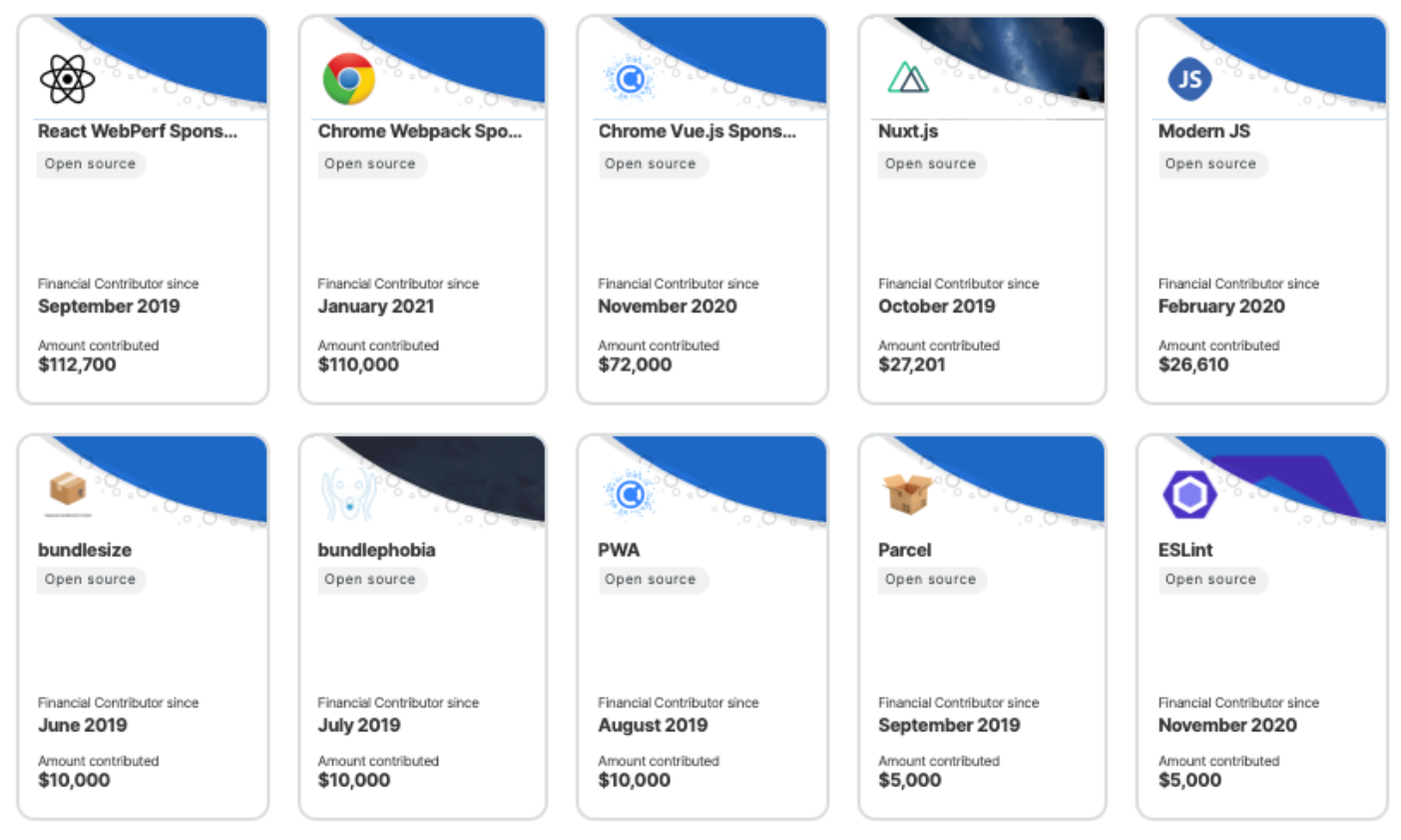
We are on a mission to make working for an open source project a legitimate alternative to a career working for a for-profit corporation. To achieve our goal, we must remove friction between projects, the communities who support them, and the corporations who depend on their work (and can fund them)
The tech industry is slowly becoming more conscious of the need to properly compensate people who are putting in great work - who help them do great work. Corporations want to fund open source software, mostly because:
- They want to hire and retain developers. Teams take pride in working at an organization that supports open source.
- They need access to creators. For example, early information on breaking changes or roadmap prioritization is priceless.
- They want to build a positive reputation within the community, to ease collaboration, influence priorities and provide feedback.
- They want to ensure their open source dependencies have maintainers who are able to guide the project forward and collaborate/review bug fixes and security vulnerabilities.
- They want the project to be able to scale with their needs.
So, open source projects want to be supported, and companies who rely on open source want to invest in them but there’s a massive pain point:
In the open source world, formal contracts and partnership agreements don't happen the way they do in the business world.
Open source projects are a motley crew of often unincorporated communities, likely with members distributed around the globe, some tied to a company, others under a foundation. This makes it difficult for companies to invest money in them. So we are solving this at scale.
Introducing Funds for Open Source!
Big companies call the process for paying for stuff “procurement”. It’s often pretty involved, with contracts, invoices, purchasing order numbers, and bureaucracy—a painful thing to go through repeatedly for small amounts. It's practically a blocker. It is so much simpler and more practical to ask corporations to make one large payment, to one vendor. Make it easy and companies will invest more.
We are set up for exactly this: as a combination of an open funding management platform + an umbrella non-profit we are serving 2500+ projects. We have a new feature on the platform to make the experience even better, and more scalable: Funds.
Check out Chrome. They are investing in 17 open source projects via their Web Framework & Tools Performance Fund. Imagine asking Google’s finance department to make 17 individual contributions to a mix of groups and individuals around the world, each with its own separate procurement process. Not going to happen. Instead, they have one payment to one non-profit who then redistributes it to projects.
This is a model that other organizations can try out. I was especially happy to see some of the grant changes on the platform where people can get paid directly to a bank account, without having to be as involved in the Open Collective. That was actually a really big deal for me, because it simplifies a lot of things, and people don't have to just use PayPal or just be limited in some ways. Addy Osmani, Chrome
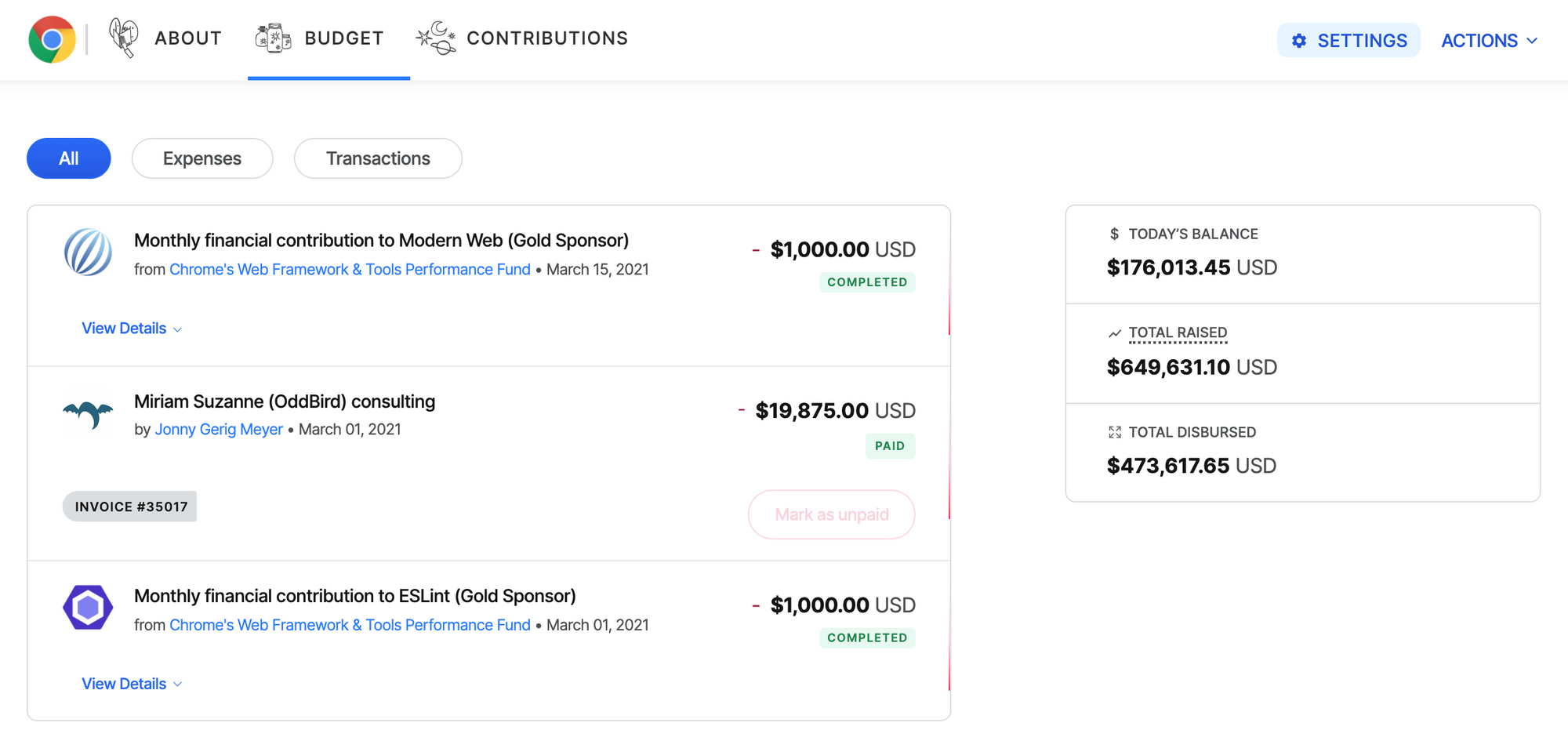
Funds can distribute to any project, whether they are on Open Collective or not.
Lots of projects sign up with us because they don’t have their own company or foundation to work through. But you don’t have to be on our platform. Any open source project—whether they are part of a company, have their own foundation, work with another fiscal host, or are unincorporated—can get contributions from a Fund.
One of Google Open Source CMS Fund's first contributions was to the Drupal Association (DA.) Because we took care of it for them, it was easy and smooth for Google as well as for DA. No one else needed to be onboarded to Google via a SAP interface (truly, the stuff of nightmares👻), and the Google employees didn’t have to push through a whole new purchase order approved for this particular contribution. All DA had to do, basically, was tell us where to send the money.
This is not trivial. The key to creating scalable, resilient projects is to support the community as a whole in ways that serve the full range of projects and creators. Open Collective liberates corporate support, getting it directly to projects at scale, across languages and ecosystems.
We already started!
Over the last year, we’ve been quietly establishing a number of Funds, which have turned into great examples of what happens when you solve the barriers between corporations and open source projects. The impact of the Airbnb Fund, which has recently grown by 50%, can be felt clearly through the words of the maintainers themselves. Indeed’s Fund supports nearly 30 projects. Igalia’s Open Prioritization Fund is an experiment in crowdsourcing prioritization for new features in web browsers. There are so many possibilities.
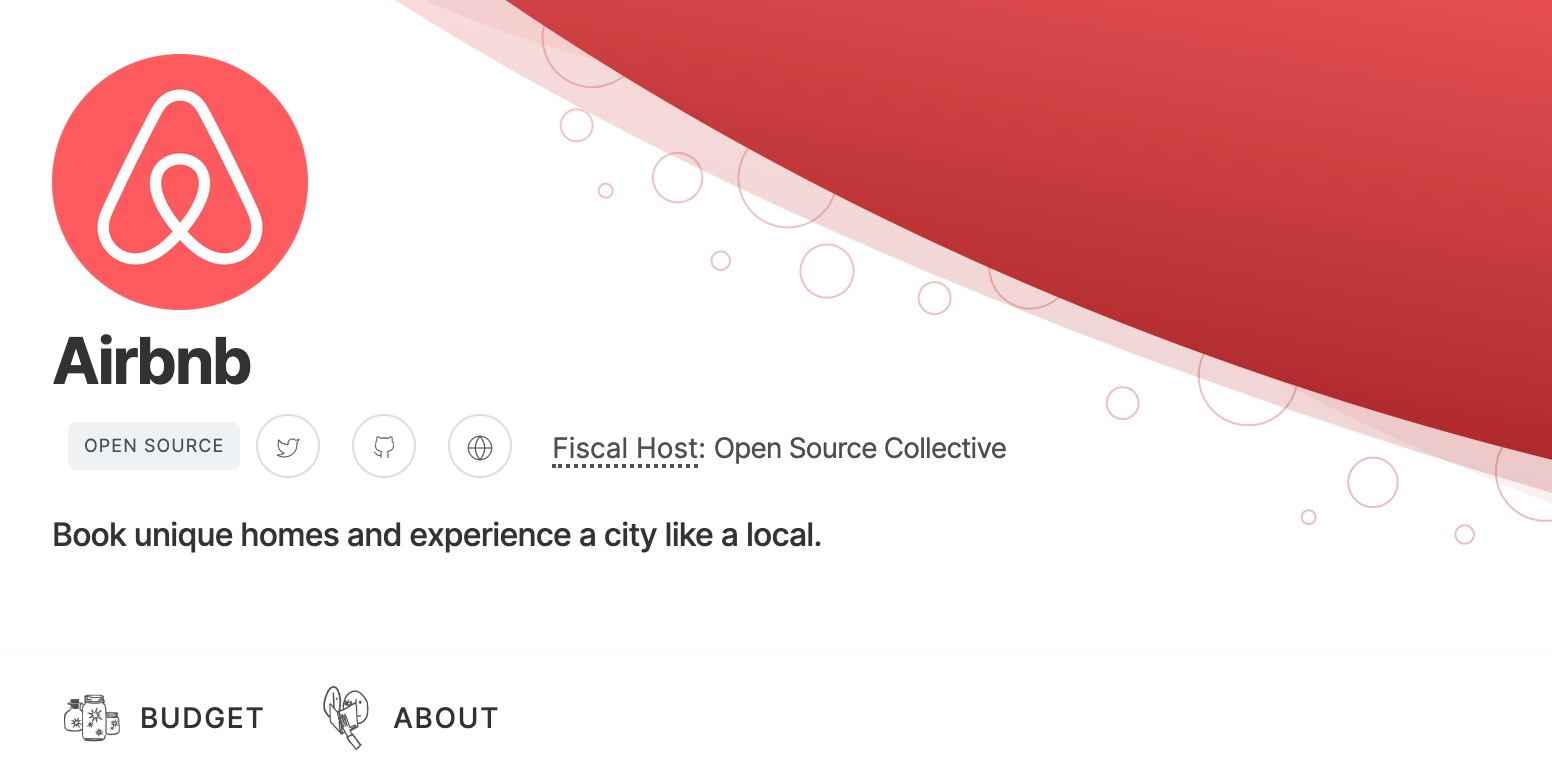
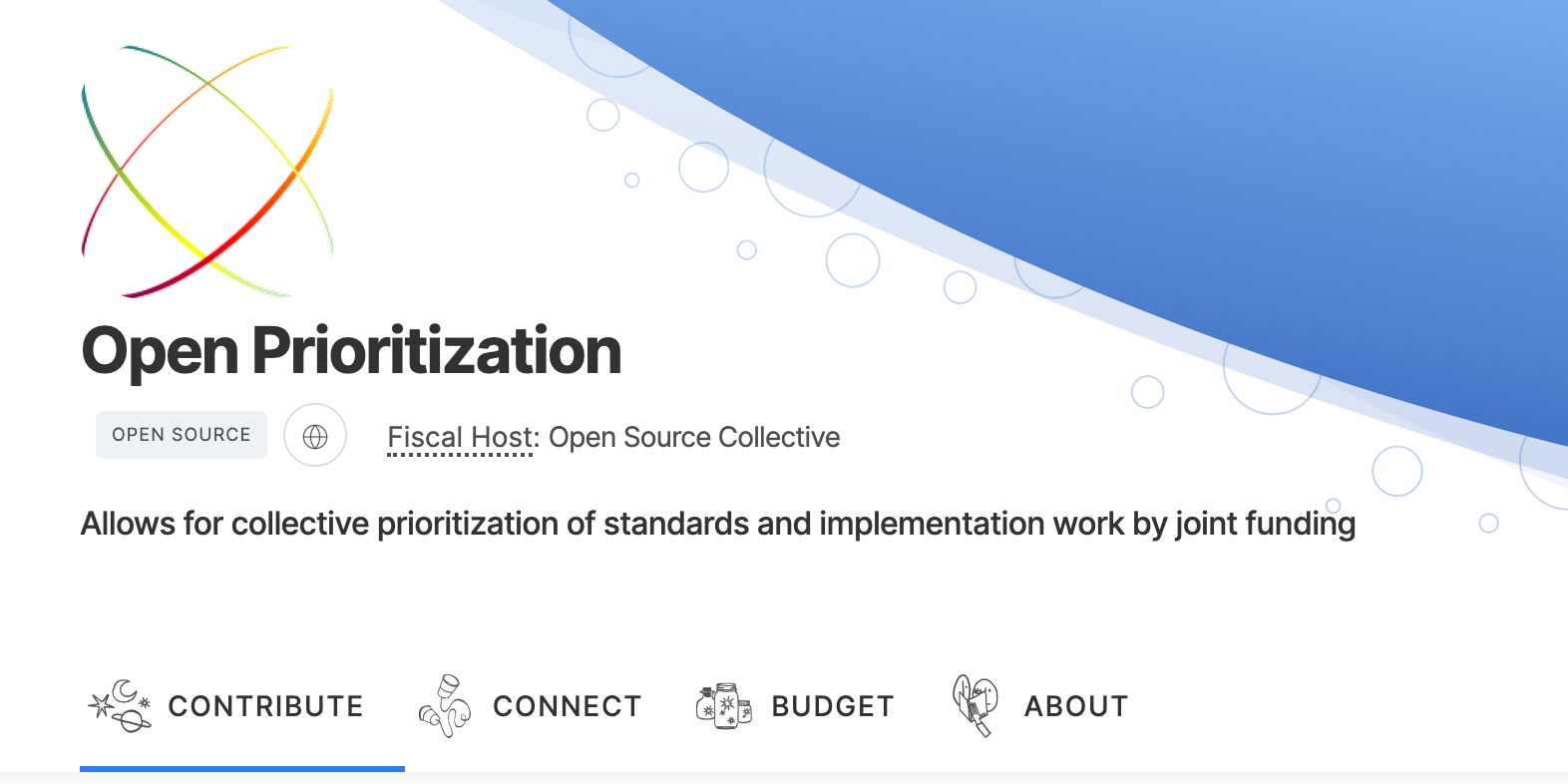
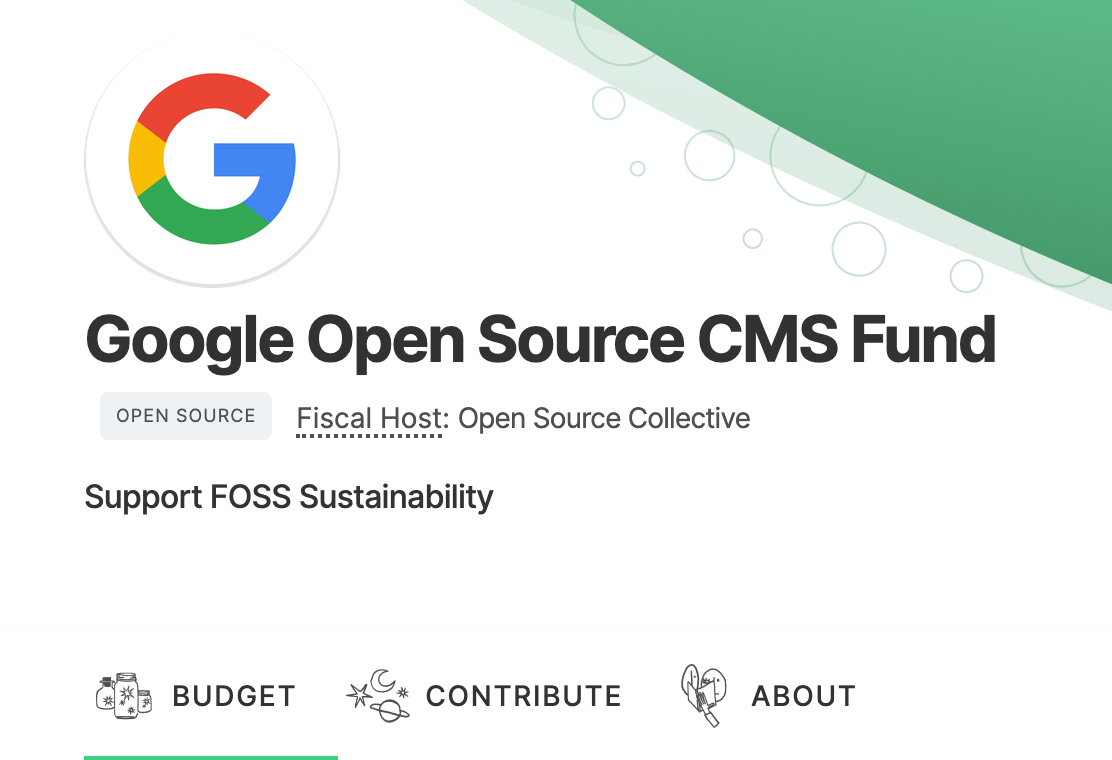
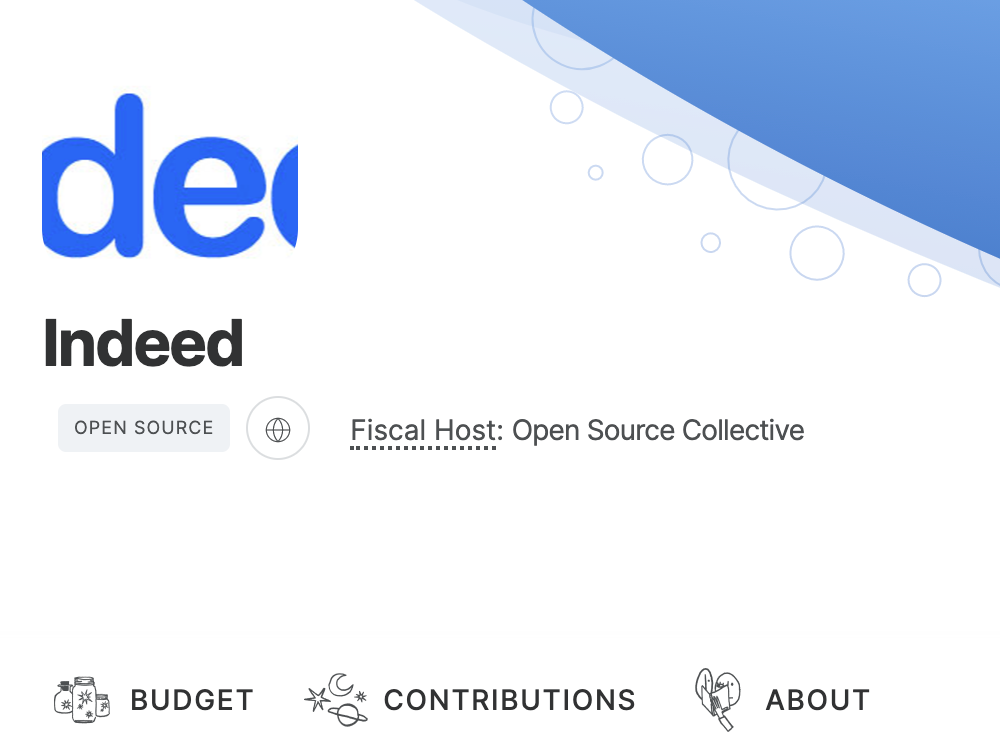
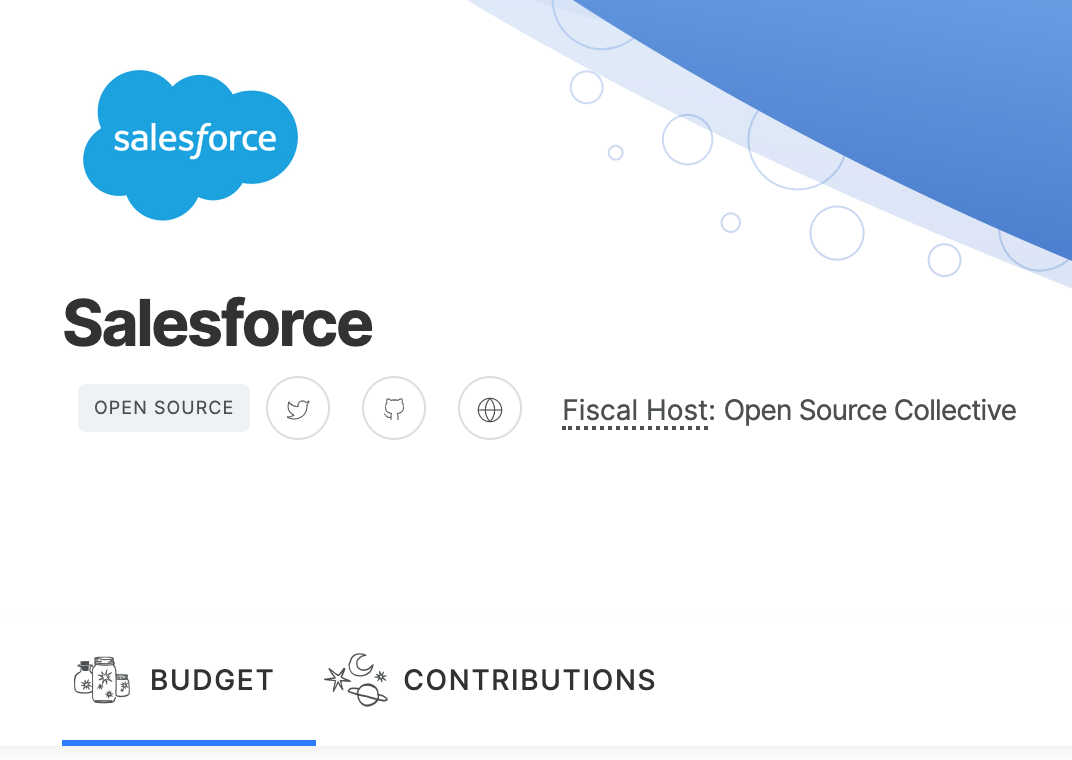
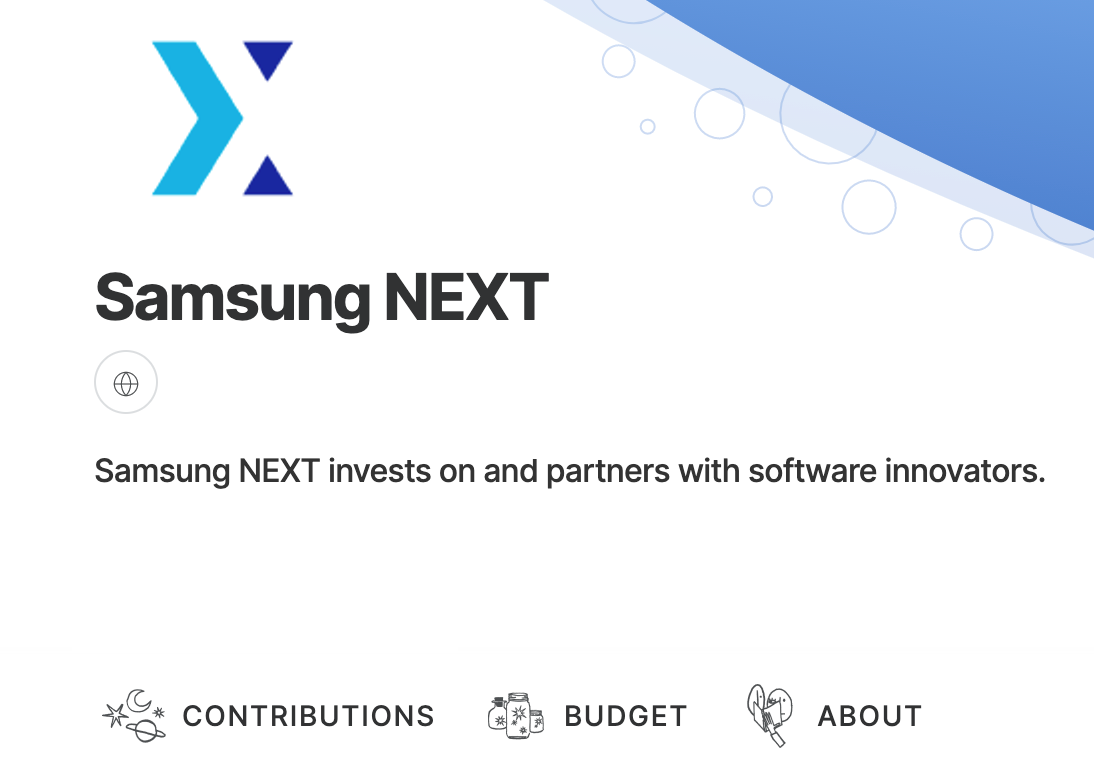
We help companies invest in open source projects because we want open source creators to have a good livelihood and work sustainably, which is critical to the health of the whole ecosystem. Think of funds as an API for funders to give support to and build relationships with the maintainers of their dependencies.
Now we’re ready to open this feature to everyone. If you want to create a Fund with us, reach out!

